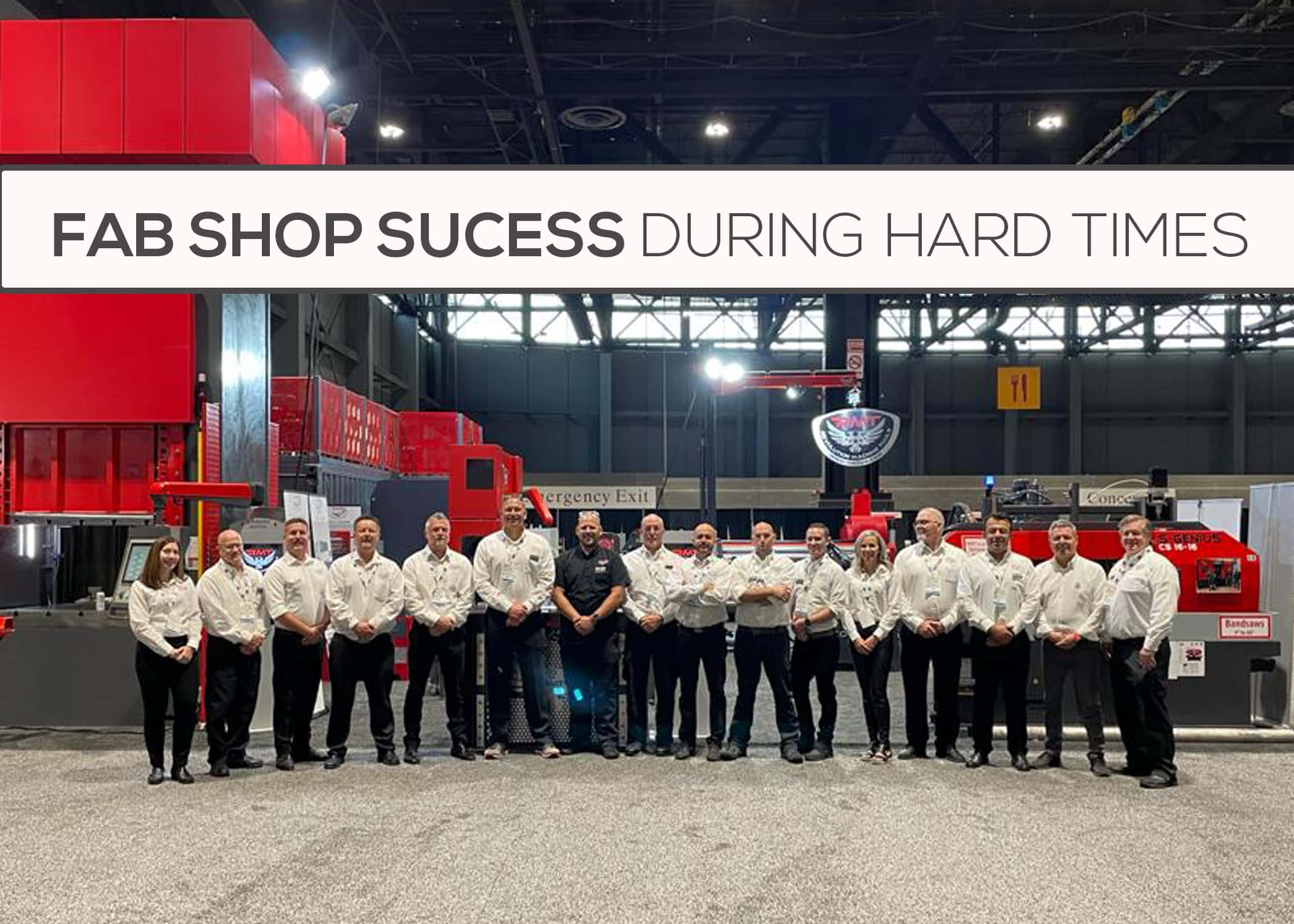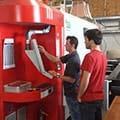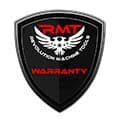Preparing Today for a Better Tomorrow
Plenty of motivational posters advise that we shouldn’t worry about tomorrow and just take care of today. While getting unduly stressed over things outside of our control can be unhealthy, an attitude of “live it up today since life is short” isn’t the soundest business philosophy for a fab shop success and an owner who wants to keep the lights burning.
It might be inspirational to listen to stories of how great grandpa made it through the Great Depression, but when adversity hits us personally, things can look bleak and even seem overwhelming. The best way for a metal fabrication business to weather hardship is to adopt the famous motto coined by Lieutenant-General Robert Baden-Powell over a century ago when he created the Boy Scouts: “Be Prepared.”
Careful planning and budgeting are smart strategies for any company to succeed in the best of times but are critical for a metalworking shop to survive when economic circumstances take a sharp downturn. The business owner who prepares for the contingency of things going badly will be far more ready when they do and money ahead when they don’t.
Here are some approaches that can help a metal fabrication shop thrive even during hard times.
Put Your People First
The greatest resource any business has is its people. A fab shop might purchase the best CNC press brake that money can buy, but without skilled and dedicated employees to operate the brake and perform supplemental functions, the machine amounts to little more than a gigantic paperweight. While too many modern companies tend to treat employees as consumable assets that are easily replaced, the truth is that far too much time and money is lost every time a business hires and trains new staff members to replace those who have left.
Satisfied employees stay with a company, and long-term employees are likely very familiar with the ins and outs of how to keep things running smoothly. Reasons employees cite for remaining at a job include:
- They stay because of competitive pay and benefits.
- They stay because of career opportunities.
- They stay because of training and development.
- They stay because of positive experiences on the job.
- They stay because they enjoy the work.
- They stay because they feel valued.
A wise shop owner or manager knows that what’s good for the shop staff is ultimately good for business. Even in lean times, a shop that finds ways of reducing costs other than downsizing employees will maintain a morale and sense of community that can help them overcome significant obstacles.
Some employment strategies that shop management could start implementing to potentially soften the blow when misfortune strikes include:
- Being willing to hire younger, tech-savvy employees provided they demonstrate a strong work ethic and are agreeable to being mentored.
- Finding ways to help employees daily improve their performance.
- Communicating in all circumstances as clearly as possible, following up to make sure comprehension has taken place.
- Investing in training so employees can keep up with new technologies and techniques.
- Listening to employees’ ideas regarding what needs to change, then implementing them as appropriate.
- Cross-training shop employees in other skills and on other machines.
- Creating a virtual workspace for non-shop employees to work from home.
Budget Wisely
There is no way to survive economic hardships without having first implemented some sound economic principles. Intelligent budgeting is vital to any company, but especially so for businesses like fab shops that regularly go through cycles of “times of plenty and times of famine.”
Being smart about budgeting doesn’t mean scrounging and saving every penny, but rather spending funds appropriately to keep the business competitive while ensuring that enough is set aside for the “rainy days” that are certain to come.
Some strategies for improved finances include:
- Owners, management, and staff must learn to distinguish between wants and actual business needs.
- The shop should invest carefully in new technologies that become available and could give the business a competitive edge.
- Investing in new equipment applies to the office as well as the shop floor to make sure all aspects of the operation are kept up-to-date and running efficiently.
- Consolidate orders—whether sheets of steel or boxes of office supplies—to keep shipping costs reduced.
Maintain and Grow Your Client Base
Customers are the lifeblood of any business, so keeping current customers happy while regularly adding new ones are especially important objectives during adverse times. Some tactics for accomplishing these goals include:
- Treat your customers as trusted partners and build solid relationships of cooperation with them on their various projects. Doing so will keep most of them coming back to you for more work.
- Respond quickly to customers, even on seemingly small things like returning a phone call or getting a quote to them.
- Keep lines of communication open and active with all customers. Use tools like regular customer email blasts and consistent posting on social media to keep your clients in the loop on the types of projects you are working on and any new machines or personnel you add. If your name is continually in front of them, you will likely be the first shop called every time they need a bid.
- Don’t hesitate to ask your clients, vendors, and other business partners for referrals of potential customers.
- Find new ways of marketing, such as using social media or attending local trade shows.
- While trying out new ways to get business, don’t be afraid of sticking with some of the tried-and-true methods of yesteryear—even if they are less effective these days—such as knocking on doors.
- Be willing to cut loose clients that are more trouble than they are worth. If a customer keeps extending their terms and not paying on time, your cash flow is being adversely affected.
Collaborate with Other Shops
You may be in a competitive business, but that doesn’t mean you have to treat the competition as the enemy. Working together with other shops in your area can be synergistic, which means the outcome of such cooperation has a greater effect than just adding up the individual efforts of the shops involved.
Some benefits of joining forces with other businesses include:
- Developing a network of partners that subcontract out work to each other to maintain an efficient workflow for everyone.
- The ability to tackle larger projects together. Instead of both companies losing a bid to a bigger firm, both can profit together by proposing to take on different parts of a big job.
- A potential for sharing staff. For example, two shops might successfully share part-time workers between them to save on payroll. It’s also helpful to have others in the local market who might be able to take on personnel should you ever need to downsize.
- You’ll have relationships established with others you trust in case it’s ever necessary to form a merger with another shop to stay afloat.
Improve How You Do Business
To stay in business in times of crisis it is usually needful to change business practices and shop procedures. Some possible methods of doing so ahead of a downturn include:
- Examine ways of simplifying some office functions. Could things like payroll, insurance, and/or collections be outsourced to other companies, allowing your office manager and accountants to focus on other priorities?
- Streamline shop processes to increase productivity, efficiency, and speed. Some labor-intensive processes can be digitalized, so an investment in the right equipment can pay for itself, possibly in a matter of months. Identify operations that can be simplified.
- Implement (or improve) a system of tracking company and shop metrics and verify that the information gathered is complete and accurate. Pinpoint problem areas and address issues as they arise.
- Focus on quality of product and inspire your shop staff to do likewise. When all other factors are equal, the fabrication business that produces a higher quality product maintains a competitive advantage over its peers.
- Develop specialties that allow your shop to dominate niche markets. As clients come to you for your areas of expertise, they will likely ask you to do some regular fab work along the way.
- Add a small (but growing) machine shop in a corner of your fabrication business so that you don’t have to outsource as much chip work.
- Refurbish machines and recondition tools. Repairing, retrofitting, and updating machines and tooling can often save quite a bit of money, but managers should also be aware when an asset just needs to be replaced.
- Evaluate downtime on all machines and supplemental equipment. If a machine is idle, it isn’t earning money for the shop, so determine if it would be more cost effective to sell it and outsource its function.
Stay True to Your Core Values
When times are tough, it’s tempting to cut corners, fudge figures, slip in some sloppy work, or make excuses to try and gain a little better advantage in the marketplace. Doing so, however, is counter-productive and can become career suicide. All it takes is one client, vendor, or employee complaining that you weren’t being honest with them or were otherwise compromising your standards, and your reputation will take a hit. Get two disgruntled customers comparing notes and word of your perceived misdeeds will spread like wildfire through the local market.
The shop that sets foundational principles of ethical behavior from owners, managers, and every single member of the staff, then works to make sure those ideals are upheld consistently at all levels of the company, will find that customers and others in the industry take notice. A good reputation may not get around quite as quickly as a bad one, but people will eventually share their positive observations about any company that they feel can be trusted.
The primary value any business (or individual) should seek to possess is integrity. The word integrity comes from the Latin “integer,” meaning something that is whole, intact, or complete.
If a building has lost its structural integrity, then one or more flaws in its current state could bring the whole thing down under the right circumstances, so the cautious will tend to avoid visiting it. Likewise, a person or collection of people (like a company) that lacks integrity has lost the ability to be trustworthy in the sight of others. Doing what is right, regardless of circumstance, is what separates ethical shops from shady ones.
Some other core values that might be wise to establish and uphold in your company include:
- Accountability
- Confidentiality
- Fairness
- Humility
- Kindness
- Loyalty
- Patience
- Professionalism
- Respect
- Responsibility (personal, corporate, and societal)
- Tolerance
Commitment Equals Success
Regardless of the economy, the successful shop is one where owners, management, and staff stay committed to the business, its goals, its values, its customers, and each other. When times are tough, committed employees take an all-hands-on-deck approach to adversity and work together to find solutions to keep the company above water. Profitability can be maintained despite adversity if management and workers alike are committed to improving processes and willing to sacrifice together to decrease costs.
Start preparing with your managers and employees now to implement as many strategies as possible that will enable your shop to pull through whatever challenges lay in your future.







